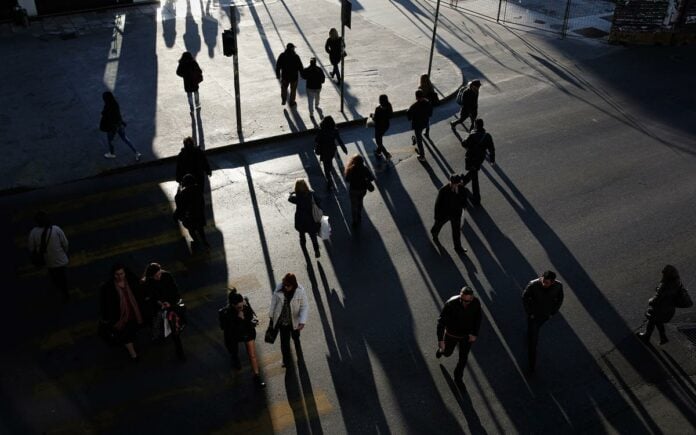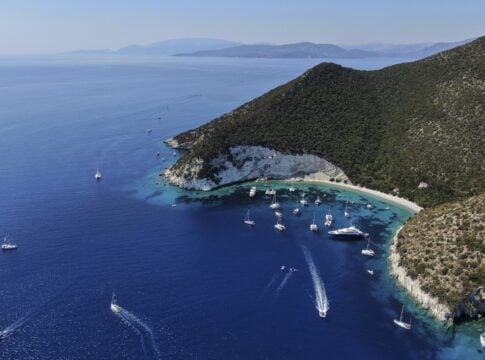Greece ranks third, from the bottom, in terms of Eurostat’s “Material and social deprivation” report for 2016, with only Romania and Bulgaria posting a worse performance.
Sweden and Finland top the list in terms of least “Material and social deprivation” amongst their citizens, compared to all EU countries.
The specific rate for recession-battered Greece reached 36 percent in 2016.
As with similar such studies and reports by statistics agencies focusing on Greece, a very large “underground” or “grey” economy along with traditionally high rates of tax and contributions evasion often skew results.
Overall, 16 percent of the Union’s population – roughly 75 million people – were recorded as being affected by material and social deprivation.
The EU executive’s statistics authority recorded whether people could not afford at least five items out of the following list:
– face unexpected expenses;
– one week annual holiday away from home;
– avoid arrears (in mortgage, rent, utility bills and/or hire purchase installments);
– afford a meal with meat, chicken or fish or vegetarian equivalent every second day;
– keep their home adequately warm;
– a car/van for personal use;
– replace worn-out furniture;
– replace worn-out clothes with some new ones;
– have two pairs of properly fitting shoes;
– spend a small amount of money each week on him/herself (“pocket money”);
– have regular leisure activities;
– get together with friends/family for a drink/meal at least once a month;
– have an internet connection.














